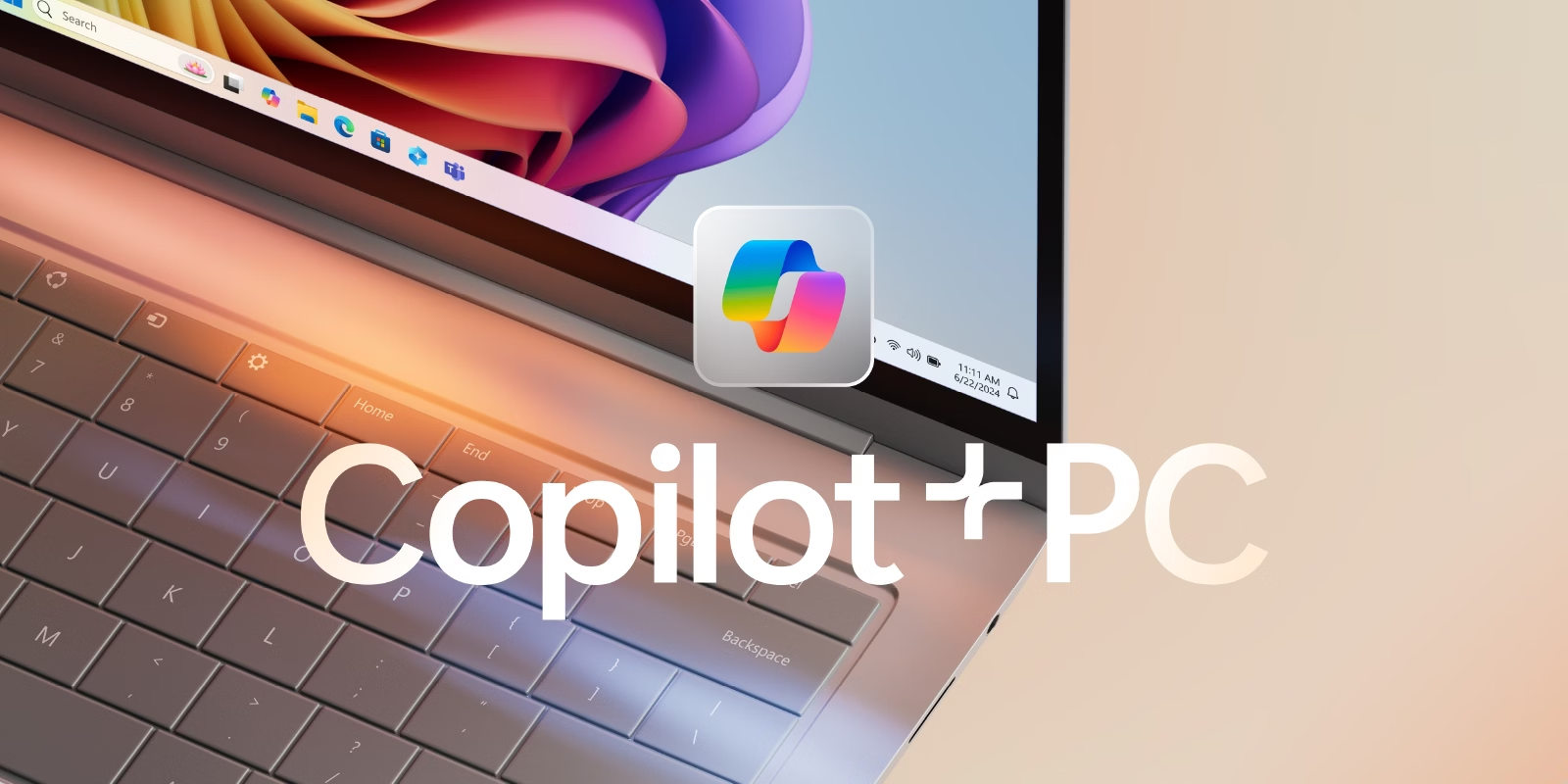The Jubilee Laptop Project was conceived as a pledge to address, equity and quality of education. It was forever bound to face its share of love and criticism. The tendering process itself had suppliers crying out foul, with the government being rigging the bidding process. At the end of the day the state will be set back 53 billion in making Kenyan schools digital. As to when the project becomes a reality, that still remains to be seen.
There was always noise made for private schools to be included in Jubilee’s laptop project. For the students to get any value when using the gadgets, teachers would have to be trained first. For a long time KPSA (Kenya Private Schools Association) boss, Peter Ndoro, called on the government to train private school teachers along with public school teachers. This never bore much fruit. So private schools are getting their own laptop project, KPSA has partnered with a number of companies including Microsoft and Intel. This will complement the government’s laptop project. Further, majority of the students in private schools come from underserved communities, so the KPSA laptop project will be addressing the issue of equity of education.
The laptops to be used in this project include iSurf Windows Portable, Acer Iconia W511, Asus Transformer book, Samsung ATIV TAB 3, Windows 8 powered Nokia smartphones, and Intel Classmate PC. These have been created as rugged devices which will sustain being dropped from heights of 70 cm, specs include an Intel Atom chip (based on the BayTrail architecture), 2GB RAM, 320GB hard drive and a built-in modem.
Intel developed training content that will enable teachers to implement the project successfully. Their education platform, Intel Explore and Learn is also being used to deliver content to students. A bulk of software used in the laptops is built my Microsoft including the OS, Office365 and Skype. Video tutorials from Khan Academy will also be used as part of this digital program.
The 4Afrika Youth Device project is extending thisgains further by bringing mobile devices – laptops, tablets, smartphones – to African students. Other achievements of the 4Afrika initiative include utilizing TV White Spaces to deliver broadband internet to schools and rural communities e.g. with the Mawingu Project in Nanyuki.
In addition to affordable devices, Microsoft and Intel will be training educators on how best to integrate technology into their classrooms. This will be done through the Intel Teach program – a series of courses designed to help educators teach critical digital skills – and Microsoft’s Teach with Technology course, which leads to the Microsoft Certified Educator Accreditation.
Infrastructure
Bandwidth is a top ICT priority, and so each user in our Program will be provided with affordable and tailored data packages from Safaricom. These include 5GB and 10GB bundles for PCs and laptops, to ensure teachers and students stay connected.With regards to financing for Kenyan institutions, bank loans and contributions will be made available from Equity Bank and M-Changa, a mobile money-based way to contribute towards the purchase of devices.
– Patrick Onwumere, Director of Youth Enablement, Microsoft 4Afrika






























